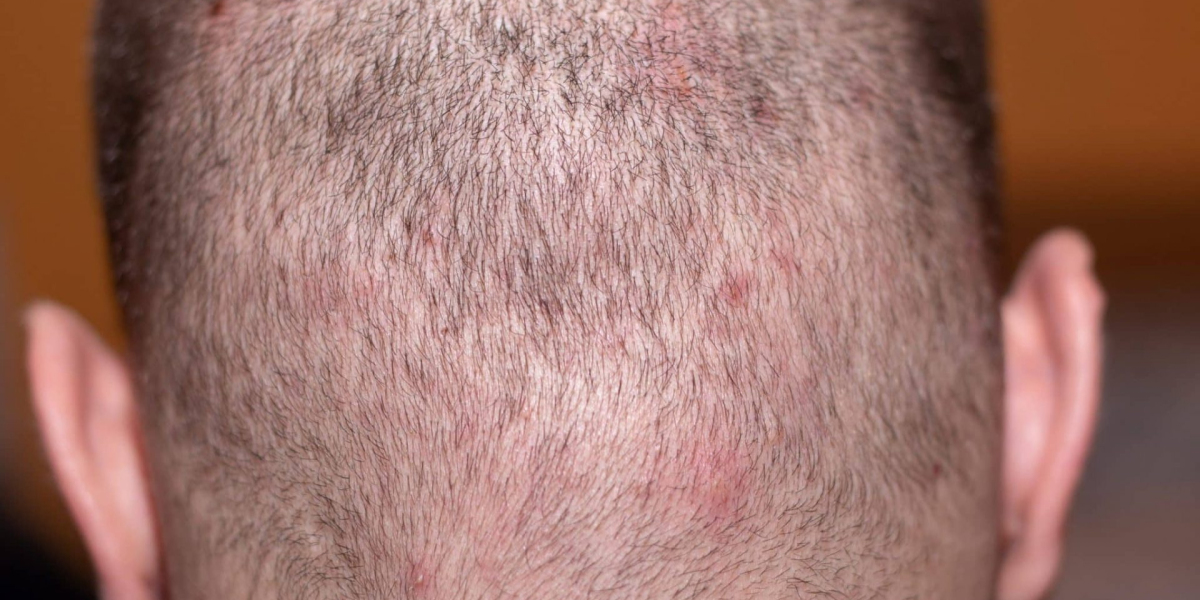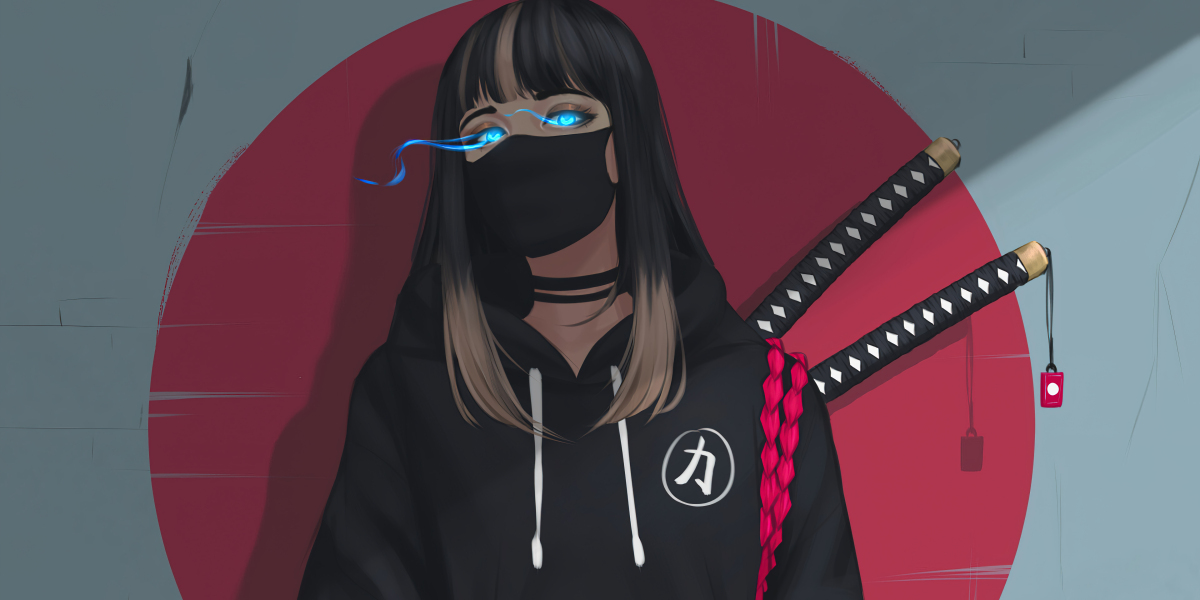Introduction to Eczema and Hair Loss
Dealing with eczema is challenging enough on its own, but when it starts affecting your hair, things can feel overwhelming. Eczema and hair loss are two conditions that can both take a toll on your body and your confidence. For many people, eczema triggers hair loss, especially when it flares up on the scalp. But don’t worry — with the right approach, managing both eczema and hair loss is possible.
In this article, we’ll explore what eczema is, how it causes hair loss, and share some tips on how to manage both conditions at once. Whether you're struggling with scalp eczema, hair thinning, or both, we’ve got you covered.
What is Eczema?
Eczema, also known as atopic dermatitis, is a condition that causes the skin to become inflamed, itchy, and irritated. It's a chronic condition that can flare up periodically, making everyday life uncomfortable. There are several types of eczema, each with different symptoms and triggers.
Types of Eczema
Atopic dermatitis: The most common form of eczema, often seen in children.
Contact dermatitis: Caused by an allergic reaction to something that touches the skin.
Seborrheic dermatitis: A type of eczema that commonly affects the scalp.
Nummular eczema: Characterized by coin-shaped spots on the skin.
Dyshidrotic eczema: Causes blisters on the hands and feet.
Symptoms of Eczema
Eczema symptoms vary from person to person but commonly include:
Red, inflamed skin
Dryness and flakiness
Intense itching
Thickened skin
Causes of Eczema
Eczema is primarily caused by a combination of genetic and environmental factors, including:
Family history of eczema, asthma, or allergies
Exposure to irritants like harsh soaps, detergents, or fabrics
Stress or emotional triggers
Temperature changes
How Eczema Affects the Scalp
When eczema affects the scalp, it can lead to more than just discomfort. The scalp is sensitive, and eczema flare-ups here can make hair loss an unfortunate side effect.
Eczema on the Scalp
Scalp eczema, often called seborrheic dermatitis when it occurs on the scalp, is common and can make the scalp flaky, red, and irritated. It often leads to dandruff-like flakes, which might be mistaken for dry skin.
Symptoms of Scalp Eczema
Scalp eczema can cause:
Itching or burning sensations
Redness or inflammation
Dry, scaly patches
Flakes or dandruff
Impact of Scalp Eczema on Hair Follicles
When eczema flares up on the scalp, the inflammation can irritate the hair follicles, disrupting the natural growth cycle of your hair. It can lead to hair thinning, shedding, and in some cases, permanent hair loss if the inflammation isn’t managed.
What Causes Hair Loss?
Hair loss is a condition that can be triggered by several factors, ranging from stress to genetics. For individuals with eczema, inflammation from the condition can play a significant role in hair shedding.
Overview of Hair Loss Causes
Some of the common causes of hair loss include:
Hormonal imbalances (e.g., pregnancy or menopause)
Stress
Genetics (male or female pattern baldness)
Nutrient deficiencies
Scalp conditions like eczema
How Eczema Contributes to Hair Loss
When eczema flares up, it can cause intense itching and irritation, leading to frequent scratching. This repetitive action can damage hair follicles and disrupt the hair growth process. Moreover, the inflammation that accompanies eczema can weaken hair roots, making hair more prone to shedding.
Types of Hair Loss
Hair loss due to eczema can take various forms, depending on the severity of the condition.
Telogen Effluvium
Telogen effluvium is a temporary form of hair loss that occurs when a large number of hair follicles enter the shedding phase. It often happens after a stressful event, like an eczema flare-up.
Alopecia Areata
This autoimmune disorder can cause patches of hair loss and may be triggered by eczema or other inflammatory conditions.
Scarring Hair Loss
In severe cases, if eczema leads to scarring of the scalp, it can cause permanent hair loss. The scarring destroys hair follicles, preventing new hair from growing back.
Eczema and Hair Loss Connection
So, how exactly are eczema and hair loss connected? The primary culprit is inflammation. When eczema causes inflammation on the scalp, it affects hair follicles and can lead to hair shedding.
The Link Between Eczema and Hair Loss
The inflammation caused by eczema weakens hair follicles, disrupting their ability to hold onto hair. Additionally, scratching eczema-prone areas can cause hair to fall out prematurely.
Inflammation’s Role in Hair Shedding
Inflammation plays a critical role in hair loss. When the scalp is inflamed, it can damage the hair follicles and disrupt their growth cycle, leading to thinning hair or even bald patches.
How Scratching Eczema Can Worsen Hair Loss
While scratching might temporarily relieve itching, it actually aggravates eczema and contributes to hair loss. Scratching can damage both the skin and the hair follicles, exacerbating the issue.
Tips for Managing Eczema to Prevent Hair Loss
Managing eczema properly is essential for preventing hair loss. Here are some key tips that can help you keep both conditions under control.
Moisturizing Your Skin
Keeping your skin moisturized helps reduce eczema flare-ups. Use fragrance-free, hydrating creams or ointments that are gentle on your skin. Moisturizing regularly can also help keep the scalp hydrated, preventing further irritation.
Gentle Scalp Care
Use gentle, sulfate-free shampoos that won’t irritate the skin. Avoid harsh scrubbing, which can damage the scalp and hair follicles. Instead, massage the shampoo gently into your scalp.
Avoiding Irritants and Allergens
Identify and avoid any allergens or irritants that could trigger your eczema. This may include certain foods, fabrics, or environmental factors like pollen.
Using Prescribed Eczema Treatments
Follow your dermatologist’s advice on using topical treatments, such as corticosteroids or non-steroidal creams, to manage your eczema flare-ups effectively.
Natural Remedies for Eczema
If you prefer natural remedies, there are several options you can try to soothe eczema symptoms.
Aloe Vera and Coconut Oil
Both aloe vera and coconut oil have soothing properties that can reduce inflammation and hydrate dry skin.
Oatmeal Baths and Chamomile Tea
Oatmeal baths are a great way to relieve itching and inflammation. Chamomile tea can also provide relief when applied topically.
Apple Cider Vinegar for Eczema
Diluted apple cider vinegar can help balance the pH levels of the skin, preventing eczema flare-ups.
Hair Care Tips for Those Experiencing Hair Loss Due to Eczema
Proper hair care is essential for anyone dealing with eczema-induced hair loss. Here are some tips to minimize damage and promote healthier hair growth.
Gentle Shampoo and Conditioner Choices
Choose hair products that are free from harsh chemicals. Opt for gentle, sulfate-free shampoos and conditioners to keep your scalp and hair healthy.
Massaging the Scalp
Regularly massaging your scalp can stimulate blood flow to the hair follicles, encouraging hair growth.
Avoiding Heat Styling Tools
Heat styling tools like flat irons and blow dryers can further damage your hair, especially if it’s already weakened by eczema. Avoid using them or use them sparingly.
Hairstyles That Help Prevent Hair Loss
Certain hairstyles can help protect your hair from further damage and minimize hair loss due to eczema.
Protective Hairstyles for Eczema Sufferers
Styles that protect the hair and minimize friction, such as braids or buns, can help prevent hair loss. Be sure to avoid tight hairstyles that can put stress on the hair follicles.
Low-Manipulation Styles
Low-manipulation hairstyles, such as loose ponytails or twists, are ideal for preventing excessive breakage.
When to See a Dermatologist
If you’re struggling to manage eczema and hair loss on your own, it may be time to consult a dermatologist. A professional can offer personalized advice and treatment options.
Signs It’s Time to Consult a Dermatologist
If your eczema is not responding to over-the-counter treatments or if hair loss becomes severe, seeing a dermatologist is essential. They can prescribe stronger medications and help manage both conditions effectively.
Role of Dermatologists in Managing Eczema and Hair Loss
A dermatologist can help you find the right treatment for your eczema and hair loss, whether through topical treatments, medications, or lifestyle changes.
Medical Treatments for Eczema and Hair Loss
There are a variety of medical treatments available for both eczema and hair loss.
Topical Steroids for Eczema
Topical corticosteroids are often prescribed to reduce inflammation and control eczema flare-ups.
Minoxidil for Hair Regrowth
Minoxidil is an FDA-approved treatment that can promote hair growth and help counteract hair loss.
Other Possible Treatments
Depending on the severity of your eczema and hair loss, a dermatologist might recommend other treatments, such as light therapy or oral medications.
Psychological Impact of Eczema and Hair Loss
Both eczema and hair loss can take a toll on your mental health. It’s important to address the emotional impact of these conditions.
How Eczema and Hair Loss Affect Self-Esteem
Eczema and hair loss can lead to feelings of embarrassment, anxiety, and low self-esteem. It’s important to seek support and remember that you're not alone.
Coping Strategies and Support
Talking to a counselor, joining a support group, or simply leaning on friends and family can help you cope with the emotional challenges of eczema and hair loss.
Conclusion
Managing eczema and hair loss may seem overwhelming, but with the right strategies and professional guidance, you can improve your condition. Focus on gentle care for both your skin and hair, avoid triggers, and seek medical help when necessary. With patience and the right treatments, you can regain control over your eczema and hair health.
FAQs
How can eczema cause hair loss on the scalp?
Eczema causes inflammation on the scalp, which can damage hair follicles and lead to hair shedding.
Is there a cure for hair loss due to eczema?
While there isn’t a permanent cure, treating eczema effectively can prevent further hair loss and promote regrowth.
Can eczema on the scalp be treated effectively?
Yes, scalp eczema can be treated with topical treatments, gentle hair care, and moisturizing to prevent flare-ups.
How do I prevent eczema flare-ups from causing hair loss?
Moisturizing regularly, avoiding triggers, and following your doctor’s advice can help prevent eczema flare-ups that lead to hair loss.
What are the best treatments for eczema and hair loss?
Topical steroids for eczema and minoxidil for hair regrowth are commonly used treatments for these conditions.








